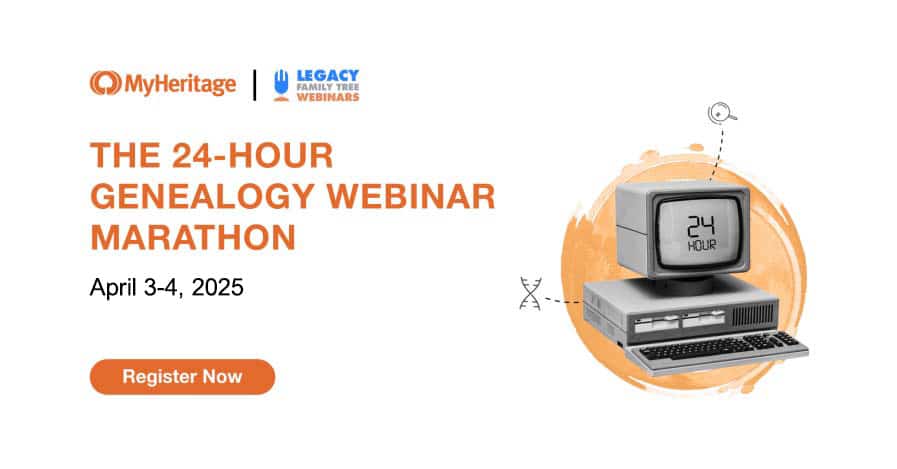
Not everyone inherits the family “stuff.” Many of us with a real interest in our family’s genealogical treasures don’t own them for various reasons. This can be especially frustrating when genealogy experts suggest we look for home sources as we begin a research project.
But just because you didn’t inherit the family archive, doesn’t mean it can’t be found. It’s possible that someone else inherited it or that it even found its way out of the family and took up residence at the home of a collector, family friend or even a museum, library, or archive. So, if you wanted to find that letter grandma wrote or the family Bible, where would you go? While the following suggestions will not ensure success, they may help you discover more information about your family history.
eBay
eBay is a well-known auction website but genealogists should think of it as a finding aid. Sure, if you need toys for Christmas eBay has them. But what about your fourth great-grandmother’s letters to her husband serving in the Civil War? Consider searching eBay.
It’s important to remember that eBay includes sellers worldwide who attend yard sales, tag sales, and estate sales. They sell items that they purchase from these sales and even what they acquire from their own family. Once you have set up an eBay account you can save your searches which allows you to receive emailed alerts when an item is put up for sale using your search terms (to learn more about this see my Legacy TechZone Video Instant Ancestor Alerts from eBay). Take some time to save searches for a family surname, a specific ancestor, or even an ancestral location.
To find items pertinent to your family, I would suggest not only searching on a specific surname and a location but you may also consider searching on phrases that describe your ancestor's occupation, membership group, or religion.
Twitter (or other social media platforms)
How can a microblogging social network help you find home sources ? The benefit of Twitter (as well as other social media websites and the Internet) is the ability to connect researchers and family all around the world. By using a hashtag (#) or having a message retweeted (RT) on Twitter you can reach those outside of your immediate social circle. Twitter allows you to post messages, request assistance, provide research updates, and correspond with other researchers, libraries, archives, and groups.
Take some time to think about how Twitter can benefit your genealogy. Start following libraries, museums, and archives in the areas your ancestors lived. Don’t forget to seek out genealogists, archivists, librarians, and other researchers on Twitter.
Other People’s Home Sources
When we refer to a home source we automatically think of documents and items in our own homes. After all, a home source is something a person has in their home that can range from a document to a photograph or an heirloom.
Maybe you’re like me and lack many home sources. Don’t forget that a home source isn’t just something you find in your home. A home source is also something found in a family members’ or new-to-you cousins’ home. As you research, make sure to ask family members about what they own that has family significance. In addition, extend your inquiries to your website, blog, or social media account to possibly reach unknown-to-you cousins.
Don’t despair if you haven’t inherited many home sources. Use the above ideas to see what might exist that can shed light on your family history .
Gena Philibert-Ortega is an author, instructor, and researcher. She blogs at Gena's Genealogy and Food.Family.Ephemera. You can find her presentations on the Legacy Family Tree Webinars website.



Comments (0)